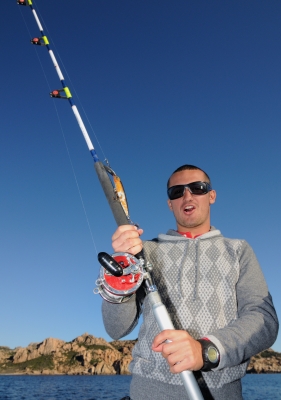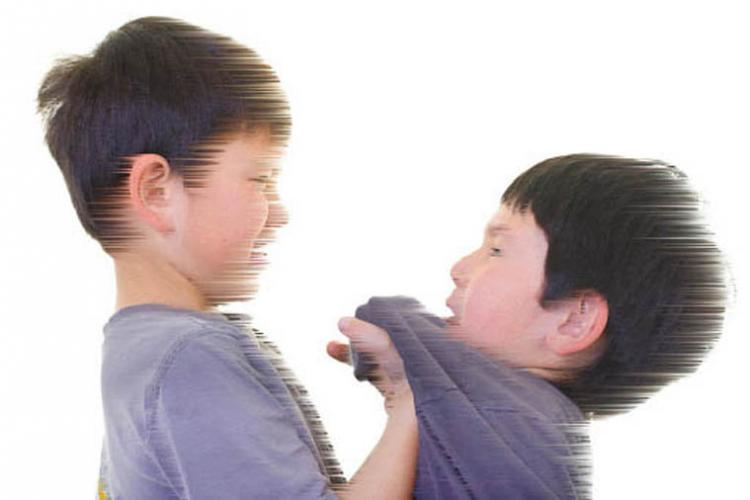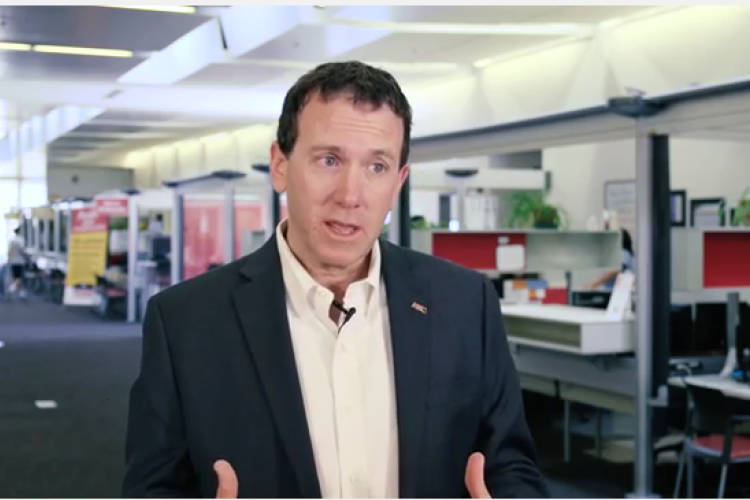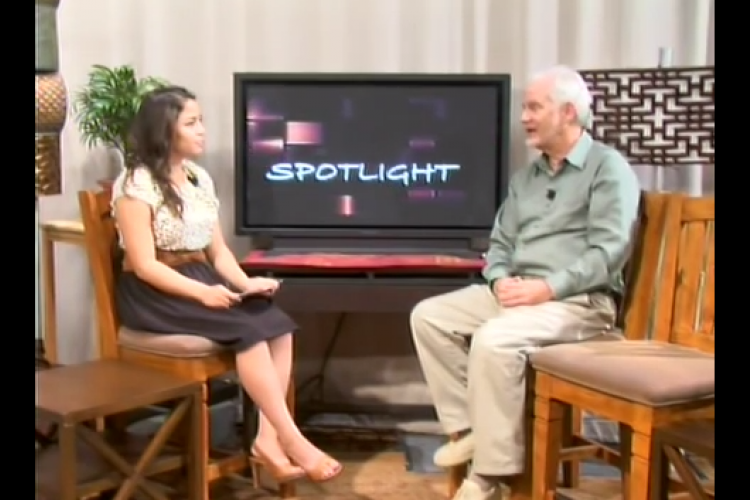
When you hear the word winter, what's the first thing that comes to your mind? Blizzards or Christmas? If you're an Arizona resident, the first thing that probably comes to your mind is relief from the hot Summer sun. Arizona winters bring all sorts of outdoor activities and the fears of sun exposure are usually put on the wayside as we don our longer sleeves and jeans.
According to healthcentral.com, even though you are covered up in the winter, your face, sometimes ears and hands are still exposed and unprotected. Sun exposure - even in the winter - can lead to skin cancer, as well as other risks.
Risks of sun exposure include skin damage such as wrinkles, age spots, and the most common, sunburns. Studies show that up to 80% of skin aging is caused by the sun.
Also, exposure can damage the lens of your eyes. This could lead to developing cataracts and/or retinal damage.
Then, there is the risk of developing one of the three types of skin cancer: basal cell, squamous cell, and melanoma. According to research, approximately 90% of skin cancers are caused by the sun. Also, throughout our lifespan, there is a 1 out of 5 probability of getting skin cancer.
Let's face it, most of the time we overlook taking care of our skin and our body throughout this season, but it's important to take the necessary precautions in order to stay protected and most importantly, healthy! Here are some ways you can stay safe in the sun.
First, wear a sunscreen that is at least SPF 15, contains protection from both UVA and UVB rays. Also, pick one that is waterproof as well as sweat proof. Reapply it 2-3 times a day when outside all day, especially around snow or water where it reflects back onto you.
Secondly, choose protective clothing such as light fabrics, UV sunglasses, and hats to keep the sun's rays away from your skin.
Most importantly, drink lots of water! Remember that your body is made up of more than 70% water, so we must drink plenty of water in order to avoid symptoms related to dehydration such as fatigue, headaches and lightheadedness.
For more information about the risks, effects and protection from the sun, log on to www.gosunsmart.org
























